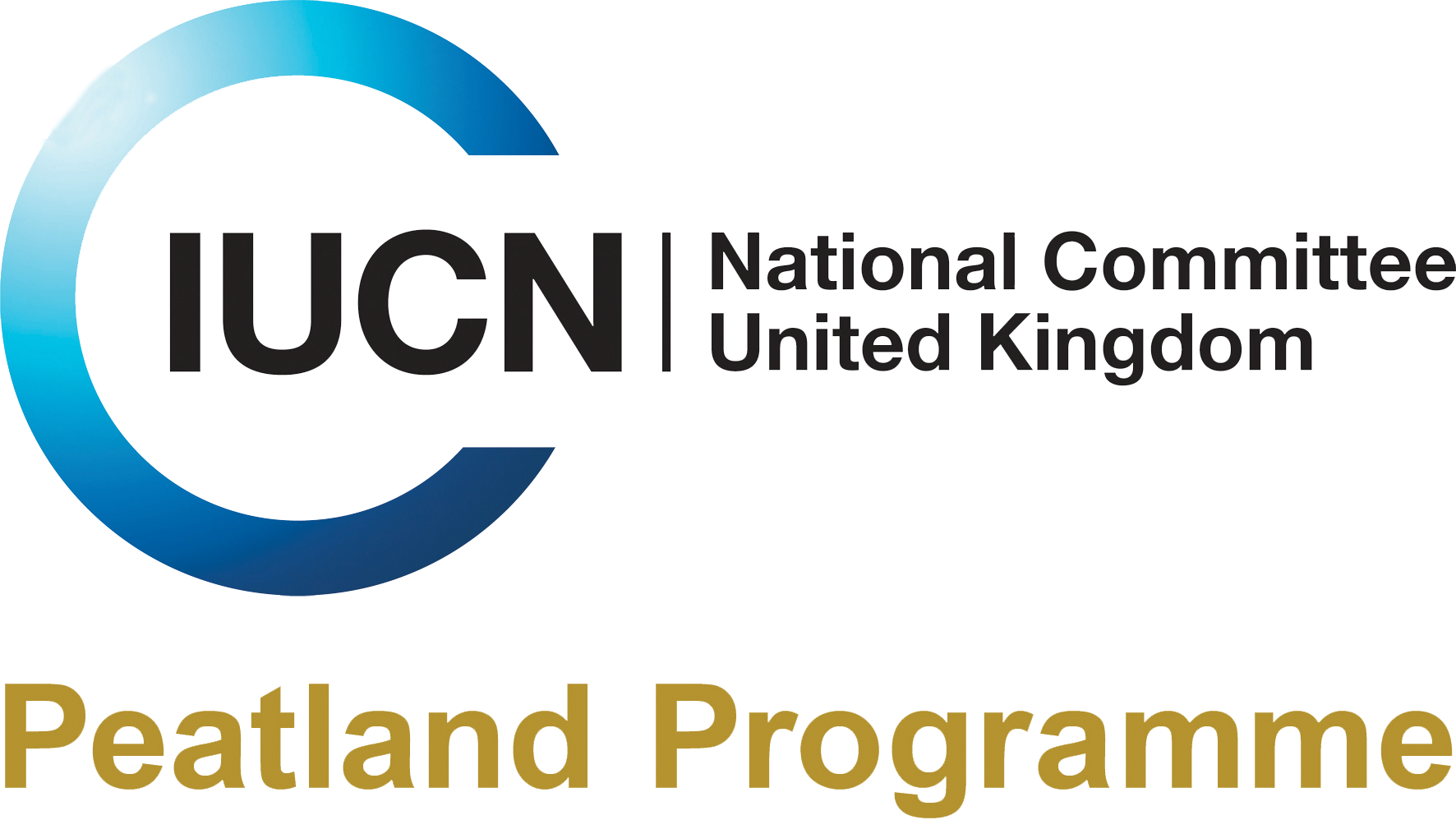Researchers, practitioners and policy-makers from across Europe, whose goal is to understand better how peatlands respond to climate change, land use and restoration took part in a workshop in Newcastle in March. Their aim was to begin the process of finding a way to standardise the collection of environmental data so it can be combined from multiple studies and sites to better inform policy and practice. Starting with UK peatlands, the group hopes to replicate the process across other peatlands as part of the Global Peatland Initiative, before exploring the potential to extend the approach to other areas of environmental science.
As post-Brexit agricultural policy moves towards paying for public goods there is growing interest in peatlands as the UK’s largest terrestrial carbon store. Disagreements over policies and practices to sustain healthy peatlands have often led to calls for more research. However, much of the existing research cannot be used to guide policy and practice because of variation in the approaches taken to collect data. As a result, research often leads to confusing and conflicting recommendations with no way for decision makers to assess apparently contradictory findings.
To tackle this problem, the workshop began the development of a set of core (essential) variables or “outcomes” that can be measured and reported in standardised ways for UK peatlands. The group was inspired by the medical community who developed this approach and now routinely collects data based on a set of agreed core outcomes. These data are then combined with all studies in a discipline and used to inform policy and practice. Whilst there is growing recognition that sets of essential variables are required in peatland science, the workshop in Newcastle was one of the first occasions that the approach had been applied to the natural sciences.
Consensus on core outcomes enables researchers and practitioners to choose to collect their data so that it can be integrated with other datasets. Should core outcomes become widely used, researchers and practitioners will still be able to use alternative outcomes or methods.

